Yes you can enter the Civil Guard in your motorhome, and any security force of the State.
The legislation is clear in this regard but all campers are classified as motor home, that is, for all practical purposes is our home.
Can he enter the Civil Guard in your motorhome?
Yes, the Civil Guard and any security force of the State.
If there is crime or suspicion that carry such material capable of being operated (weapons, drugs, explosives, trafficking, or protected species ...) you can. Imagine you're on the road with your motorhome and you find yourself at a police checkpoint, you have two options:
1. deny them access claiming that housing is a vehicle, in which case, if you have high suspicion that wearing something illegal, can hold you, and seek a court order to access the meantime, you will remain immobilized until the family arrives order and can enter.
2. Let them go, if you have nothing to hide, you consent and saves you stand at the end and Cape, they just do their job.
thing different is the cabin of the vehicle is not considered part of the house, therefore, they can enter without any of the above.
But there is a third option, the government decreed alert emergency or emergency rule (in which certain if rights are suspended) for example a terrorist alert, and create a police cordon (assault, bomb alert, escape of a terrorist, or a suspected dangerous ...) at this, do not need such an order, may enter with all of the law.
Some comrades have been found in the Civil Guard controls which have only asked documentation and have never applied to enter inside, but who knows ?.
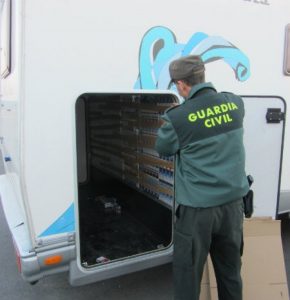 Sentences and other situations
Sentences and other situations
There is increasing judgments in which it is stated that a camper may have the condition developed in her home by the privacy of its occupants, not supposed to always and in any case be so
Sentence: No. 621/2012 dated 26/06/2012 Criminal Chamber of the Supreme Court:
"It is said in the appeal that as the motorhome has the ideal characteristics to be home, should have applied the appropriate order entry and registration, and failure made such diligence is zero.
It is made in the complaint and resolved instance and the judgment in adverse direction requested by the appellant.
On page 30 of the judgment it is said:
"....In the caravan, that was not a home but a means of transportation, are involved....".
A motorhome may have the status of residence to be developed in her the privacy of its occupants, not supposed to always and in any case be so, on the contrary it must be verified whether in the case on trial, along with transport, it developed inside the private lives of its occupants.
Obviously this was not the case here, since the motorhome was picked up from a campsite and the journey from Catalonia to the Polvoranca industrial estate in Leganés -Madrid- was made in a single day, and back with the shipment of cocaine to the point where They were detained by the police, who were aware of the operation through the corresponding monitoring and surveillance of the operation, as evidenced in folios 916 et seq. of Volume II of the investigation, especially if one takes into account that, as stated in the judgment -p. 29–, when the caravan was stopped by the police, and the driver opened the door –Xavier E.– the police agents themselves were able to observe from outside some packages wrapped in a similar way to how cocaine is packaged.
There was no infringement of that complaint. "
In addition we find the possibility of record the caravan customs area, as stated in Organic Act 12/1995, of 12 DecemberThe Suppression of the Contraband:
Article 16.1, which deals with the powers concerning the recognition and registration of the customs that they, in the exercise of their functions of control and surveillance, may make the recognition and registration of any vehicle or conveyance, caravan, package or package
Jurisprudence of the Second Chamber of the Supreme Court, in its judgment 5761/1995 it considers that a convoy in which a person has made his home, even provisionally, is under the protection of Article 18.2 of the Constitution.
This doctrine logically extends to the area of a motor room, in which the housing and driving the housing module if different areas of the same vehicle while still together.
All of this regardless of whether the caravan or motorhome is camping or on the move
Even so recent statements as STS 1165/2009, of November 24 They have clarified that the consideration of address is conditioned by two elements:
a) the van, motorhome or caravan, in its habitable possesses the necessary or essential to constitute the abode of a user: bedroom, kitchen ... is, this refurbished as housing.
b) someone decides to use it and use it for this purpose even if temporarily or accidentally.
You are, besides being a caravan or motorhome, must fulfill that role, then let us imagine the case of a caravan unfurnished or van camper lacking furniture, kitchen, bed ... or appliances which can make life. These cases would not be considered to address and therefore would not enjoy the fundamental right to the inviolability provided for in Article 18.2 of the Spanish Constitution.
What happens to the driving area of the motorhome?
For that equate to a vehicle and therefore, according doctrine settled by the Supreme Court cars like Sunday membership, lack the protection of privacy in accordance with Article 18.2 of the Constitution, so registration must not be subject to the requisitosdel Article 545 and following of the Criminal Procedure Act.
Thus, it can be concluded that a caravan or the habitable part of a motorhome that is conditioned to be used as a home and is actually used for that purpose, even provisionally, enjoys the special protection of inviolability that emanates from article 18.2 of the Spanish Constitution. , so the entry and registration of the same requires, either the consent of its owner, or judicial authorization, or that one of the cases established by art. 553 Lecrim which are, for example: that the person is caught in flagrante delicto or that a criminal, immediately pursued by the Agents of the authority, hides or takes refuge inside.
Even so, after exposing all this, we find that the recent modification of Organic Law 12/1995, of December 12, on the Repression of Smuggling, operated by Organic Law 6/2001, establishes in article 16.1, which deals with the powers in matter of recognition and registration of the customs services that these, in the exercise of their control and surveillance functions, may carry out the recognition and registration of any vehicle or means of transport, caravan, package or package.
background-motorhomes_web

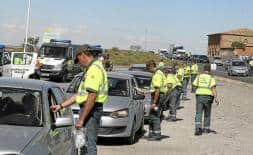

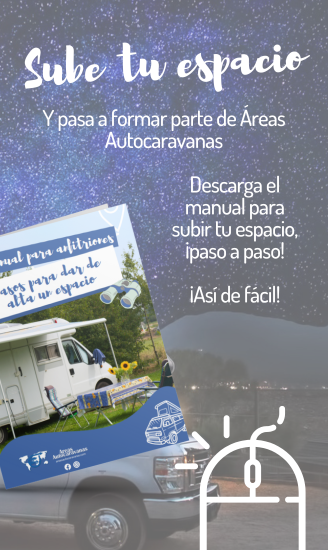
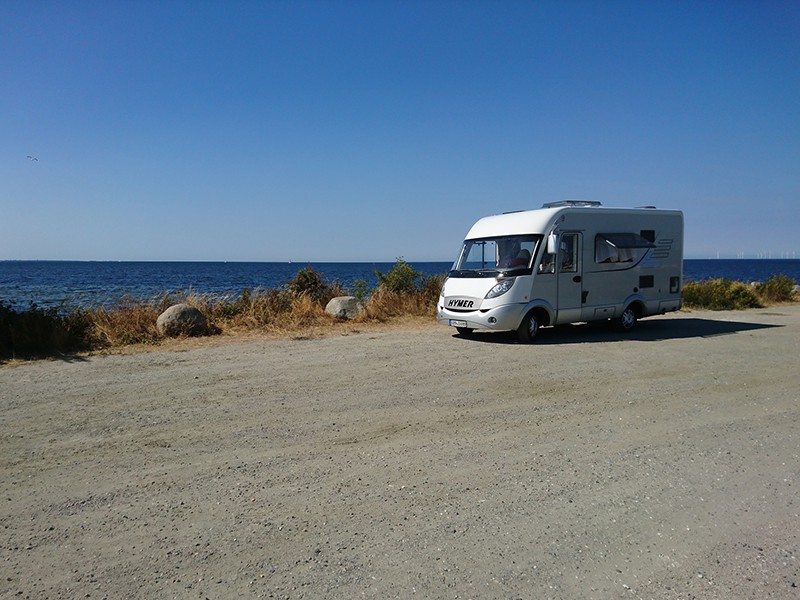

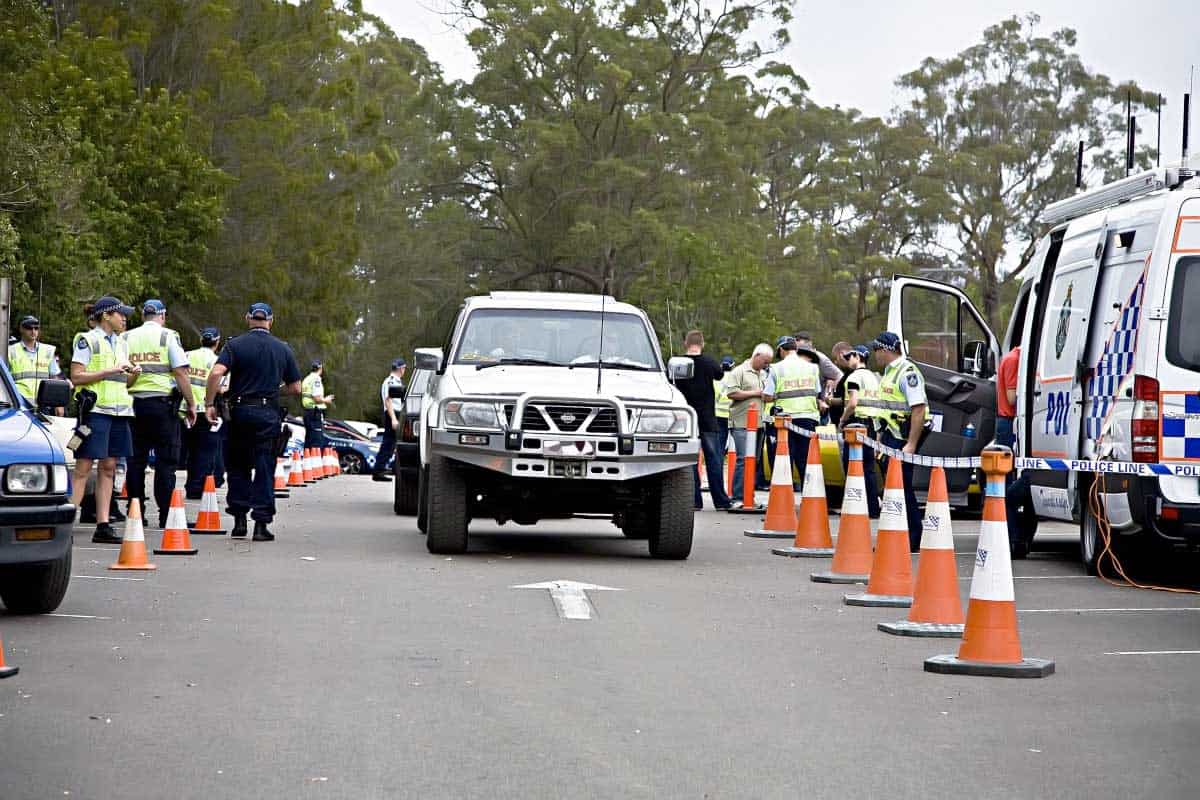

0 comments